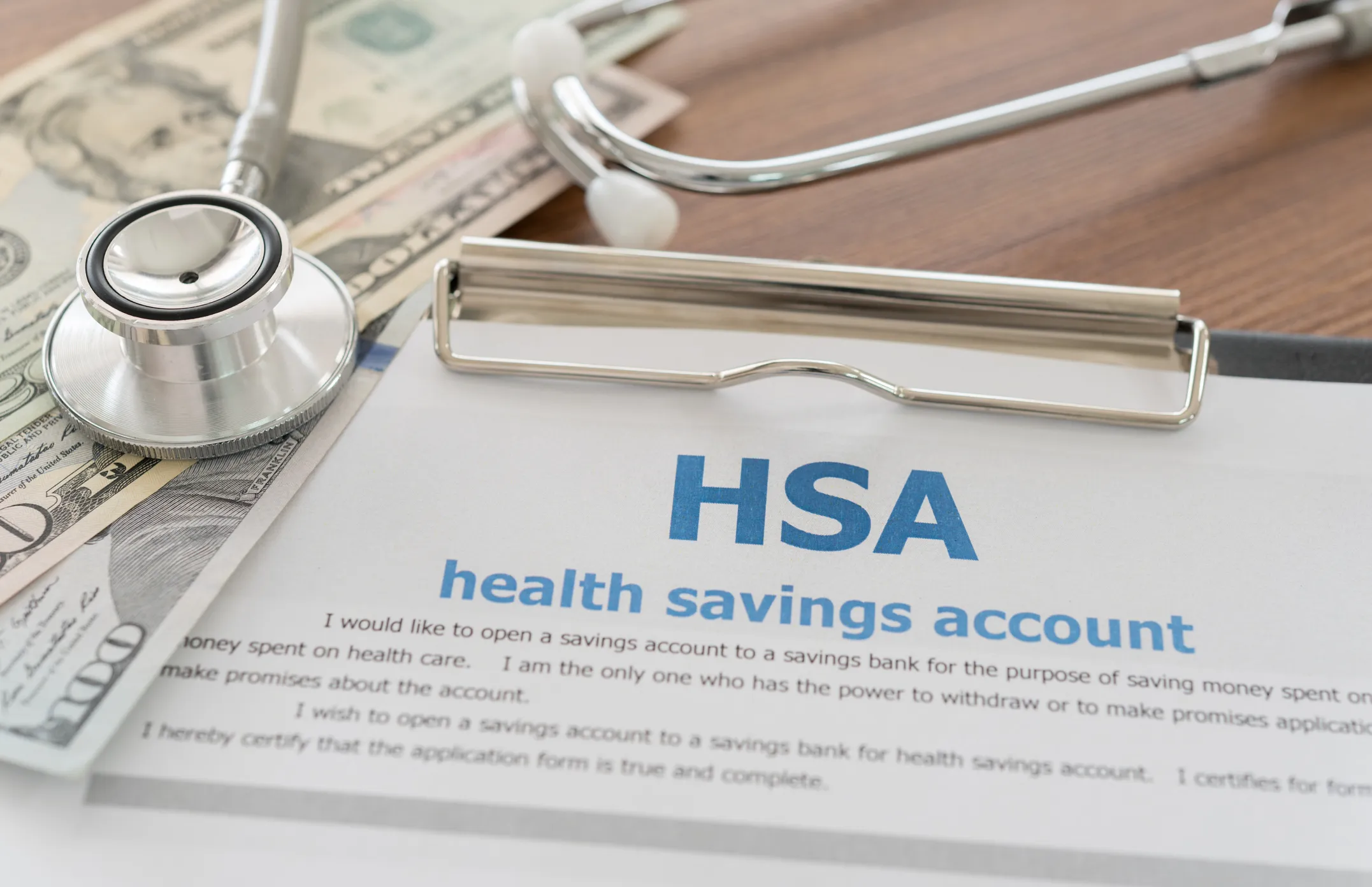

If you own a home, you’re no stranger to property taxes. There are property tax breaks for seniors, people with disabilities and other protected classes, but did you know that there are agricultural tax exemptions, too? If some of your land can be classified as farmland, you could reap significant tax savings. If you’re looking for a professional to help guide you through the ins and outs of agricultural tax exemptions, consider talking to a financial advisor.
A financial advisor may be able to help. Match with an advisor serving your area today.
If you’re a farmer, you’re no doubt familiar with the complicated tax landscape for farmers in this country and you may even use a tax accountant to help you get as many tax breaks as you’re eligible for. If you can prove that you farm as a business and not just for recreation, you can get both property tax breaks and income tax breaks.
But you don’t have to be a full-time farmer to take advantage of agricultural tax breaks that will help you with your property taxes. In some cases, all you need is a piece of land that’s not currently being used. You can say that the land is preserved wilderness, or put it to some kind of agricultural use to save on property taxes.
The size of agricultural property tax exemptions varies from state to state because property taxes aren’t administered at the federal level. Qualifications for agricultural tax exemptions vary from state to state, too. Some states base eligibility on the size of the property, while others set a minimum dollar amount for agricultural sales of goods produced on the property. Many use a combination of gross sales and acreage requirements. Grazing a single cow on your property can be enough to trigger tax breaks in some places.
If you qualify, an agricultural tax exemption could knock thousands off your property tax bill. Depending on your state’s rules, one way to execute this tax strategy is to offer use of your land to a local farmer. For example, you could allow a nearby farmer to harvest hay on acres you’re not using or rent your land to a farmer. You don’t necessarily have to do the work yourself to claim the exemption for your property. You may, however, have to renew your application for a farm assessment each year, depending on your local tax assessor’s rules and state requirements.

Claiming an agricultural exemption when you’re not a full-time farmer isn’t something you want to do without careful attention to the rules. For example, if you sell an agricultural product grown on your property (such as jam, honey, vegetables, eggs from chickens, flowers or more), you might need the okay of your local health department. Depending on zoning rules or homeowners association rules you might not be able to plant a vegetable garden or sell items from your residential property at all, even with a business permit.
Enlisting the help of a tax accountant can help you navigate the rules surrounding agricultural tax exemptions. Keep in mind that taking your land out of agricultural use can result in a bill for back taxes. So if you decide you no longer want to rent your land to a farmer or grow veggies on your acreage, the state may require that you pay back the taxes that were exempted in previous years.
For example, the State of New York warns residents of the following: “If farmland that has received an agricultural assessment is converted to a nonagricultural use (within five years of last receiving an agricultural assessment if located in an agricultural district and within eight years if located outside an agricultural district), a payment to recapture the taxes forgone for converting such land will be imposed.”
Furthermore, the state charges a “conversion” charge (equal to five times the taxes saved in the most recent year that the land received an agricultural assessment) if you take your agricultural land and convert it to another use, rather than letting it lie fallow.
There’s an exception if the land is given over to resource extraction (such as natural gas). However, the lesson here is that it’s important to consider both the tax implications of applying for an agricultural tax exemption and the potential tax exemptions of changing your mind about the agricultural use of your land.

If real estate taxes are eating up a big part of your budget, it may be worth exploring your options for an agricultural tax exemption. Just be sure to follow the rules and meet the eligibility requirements. It’s also a good idea to document any agricultural sales from your property and save those records in a safe place. If you have any questions, don’t hesitate to contact a financial advisor for help.
Photo credit: ©iStock.com/valentinrussanov, ©iStock.com/lightphoto, ©iStock.com/Redrockschool
Amelia JosephsonAmelia Josephson is a writer passionate about covering financial literacy topics. Her areas of expertise include retirement and home buying. Amelia's work has appeared across the web, including on AOL, CBS News and The Simple Dollar. She holds degrees from Columbia and Oxford. Originally from Alaska, Amelia now calls Brooklyn home.
Read More About Taxes



More from SmartAsset
SmartAsset Advisors, LLC ("SmartAsset"), a wholly owned subsidiary of Financial Insight Technology, is registered with the U.S. Securities and Exchange Commission as an investment adviser. SmartAsset's services are limited to referring users to third party advisers registered or chartered as fiduciaries ("Adviser(s)") with a regulatory body in the United States that have elected to participate in our matching platform based on information gathered from users through our online questionnaire. SmartAsset receives compensation from Advisers for our services. SmartAsset does not review the ongoing performance of any Adviser, participate in the management of any user's account by an Adviser or provide advice regarding specific investments.
We do not manage client funds or hold custody of assets, we help users connect with relevant financial advisors.
This is not an offer to buy or sell any security or interest. All investing involves risk, including loss of principal. Working with an adviser may come with potential downsides such as payment of fees (which will reduce returns). There are no guarantees that working with an adviser will yield positive returns. The existence of a fiduciary duty does not prevent the rise of potential conflicts of interest.